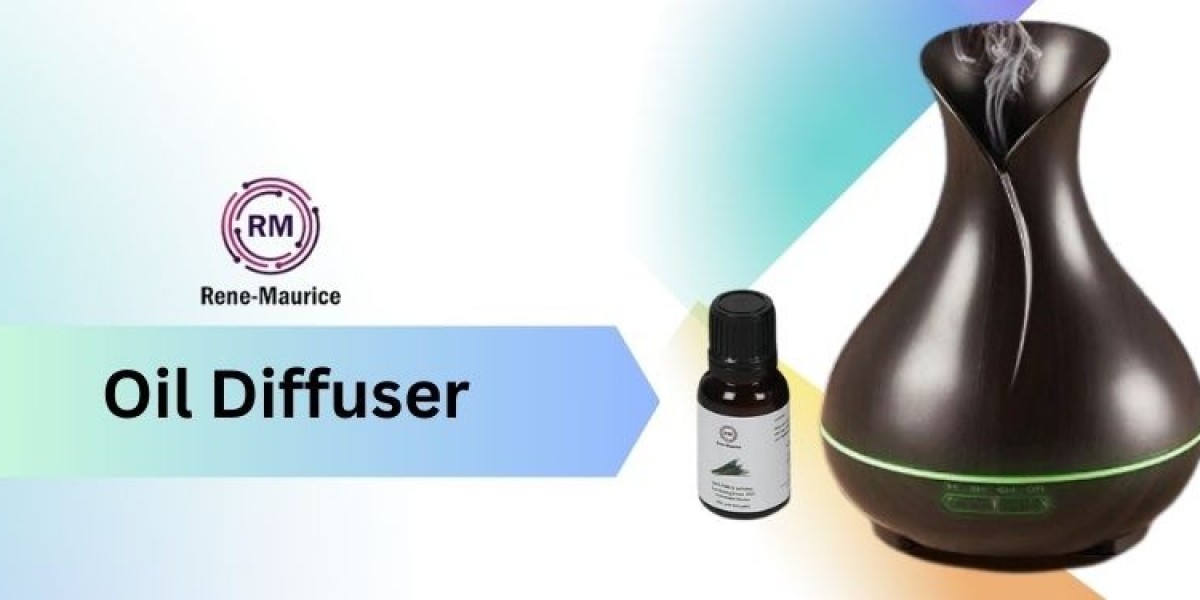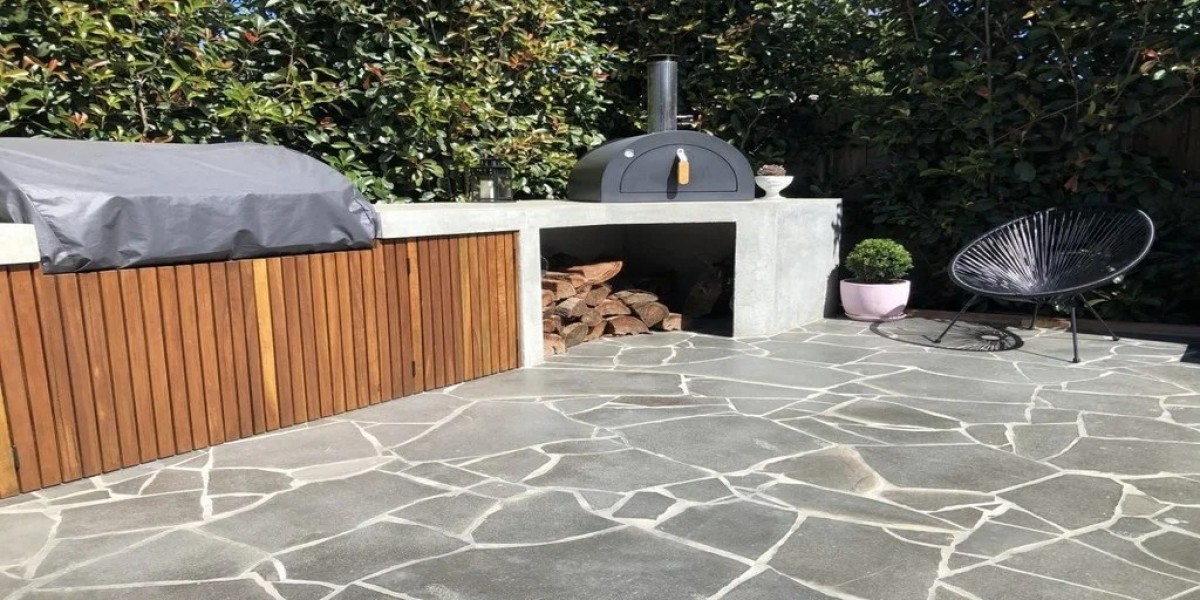Oil diffusers are a fantastic way to bring the benefits of aromatherapy into your home. Whether you're looking to relax, energize, or simply enjoy the pleasant scents, learning how to use an oil diffuser properly can make all the difference. In this article, we'll walk you through everything you need to know about using an oil diffuser, from selecting the right oils to mastering the diffuser settings. Let's dive in!
What is an Oil Diffuser?
An oil diffuser is a device that disperses essential oils into the air, creating a fragrant and therapeutic atmosphere in your living space. Whether you want to relax after a long day, boost your mood, or simply enjoy the soothing scents, an oil diffuser can help you achieve that. The primary purpose of an oil diffuser is to break down essential oils into smaller molecules and disperse them into the air, making them easy to inhale and enjoy their benefits.
Types of Oil Diffusers
There are several types of oil diffusers available, each with its unique method of dispersing oils:
- Ultrasonic Diffusers: Use ultrasonic waves to create a fine mist of water and essential oils.
- Nebulizing Diffusers: Atomize essential oils without the need for water or heat, offering a powerful scent.
- Evaporative Diffusers: Use a fan to evaporate the oil into the air, often with a pad or filter.
- Heat Diffusers: Utilize heat to gently evaporate the oil, dispersing it into the air.
Benefits of Using an Oil Diffuser
Using an oil diffuser can offer numerous benefits, such as:
- Aromatherapy: Promoting relaxation, reducing stress, and improving sleep.
- Air Purification: Some essential oils have antibacterial properties that can help purify the air.
- Mood Enhancement: Different scents can uplift your mood and increase your focus.
How to Choose the Right Oil Diffuser for You
Choosing the right oil diffuser depends on your specific needs and preferences.
Here are some factors to consider:
- Room Size: Larger rooms may require a more powerful diffuser, while smaller spaces can use compact models.
- Noise Level: If you plan to use your diffuser in a bedroom, a quieter model might be more suitable.
- Budget: Diffusers come in a range of prices, so consider what features are most important to you.
Cleaning and Maintenance Tips
To keep your diffuser working efficiently, regular cleaning is essential. After each use, wipe down the water reservoir and any other parts that come into contact with essential oils. For a deeper clean, use a mixture of water and white vinegar to remove any buildup.
Understanding Diffuser Settings and Functions
Most diffusers come with adjustable settings such as mist intensity, timer options, and light features. Familiarize yourself with these settings to customize your aromatherapy experience.
How to Use an Oil Diffuser: Step-by-Step Guide
Step 1: Choose Your Essential Oils
Select the essential oils you want to use based on your desired outcome. For relaxation, lavender or chamomile are great choices. If you need an energy boost, consider peppermint or citrus oils.
Step 2: Add Water to the Diffuser
Fill the diffuser’s water reservoir with the recommended amount of water. Use filtered or distilled water if possible to prevent mineral buildup.
Step 3: Add Essential Oils
Add a few drops of your chosen essential oil(s) to the water. The typical amount is 3-5 drops, but this can vary depending on the size of the diffuser and your personal preference.
Step 4: Turn on the Diffuser
Power on your diffuser and select your preferred settings. You can usually choose the mist intensity and set a timer if desired.
Step 5: Adjust Settings as Needed
As the diffuser runs, you may want to adjust the settings to enhance your experience. If the scent is too strong, add more water; if it's too weak, add a few more drops of oil.
Tips for Maximizing the Benefits of Your Oil Diffuser
Here are some tips and benefits of oil diffuser:
Optimal Placement of Your Diffuser
Place your diffuser in a central location in the room for the best distribution of scent. Avoid placing it directly under air vents or near open windows, as this can affect the diffusion.
Best Times to Use an Oil Diffuser
Use your diffuser during times when you need specific benefits:
- Morning: For an energizing start, use citrus or peppermint oils.
- Evening: To wind down, use relaxing oils like lavender or sandalwood.
Blending Essential Oils for Different Effects
Experiment with blending oils to create unique scents and enhance their effects. For example, a mix of lavender, lemon, and peppermint can be both calming and uplifting.
Conclusion
Using an oil diffuser is a simple and effective way to bring the benefits of aromatherapy into your daily life. Whether you're looking to relax, boost your energy, or freshen up your home, understanding how to properly use and care for your diffuser can make a world of difference. From choosing the right diffuser and essential oils to mastering the settings and avoiding common mistakes, you're now equipped with the knowledge to make the most out of your oil diffuser.
Don't be afraid to experiment with different oils and blends to find what works best for you. With a bit of practice and attention to detail, you'll be able to create a soothing and personalized atmosphere in any space.
FAQs
How long should I run my oil diffuser?
Most diffusers are designed to run for 1-3 hours at a time. It's best to follow the manufacturer's guidelines and use a timer if your diffuser has one.
Can I use tap water in my diffuser?
While you can use tap water, filtered or distilled water is often recommended to prevent mineral buildup and ensure the longevity of your diffuser.
What’s the best way to clean an oil diffuser?
Regularly clean oil diffuser by wiping it down after each use and doing a deep clean with water and white vinegar every few weeks to remove any residue.
Are there essential oils I should avoid?
Some essential oils, like eucalyptus and tea tree, can be harmful to pets. Always research the safety of oils before using them, especially if you have children or animals in the home.
How can I make the scent last longer?
To extend the scent, use a few more drops of oil or try blending oils with stronger, more persistent fragrances like cedarwood or sandalwood.


